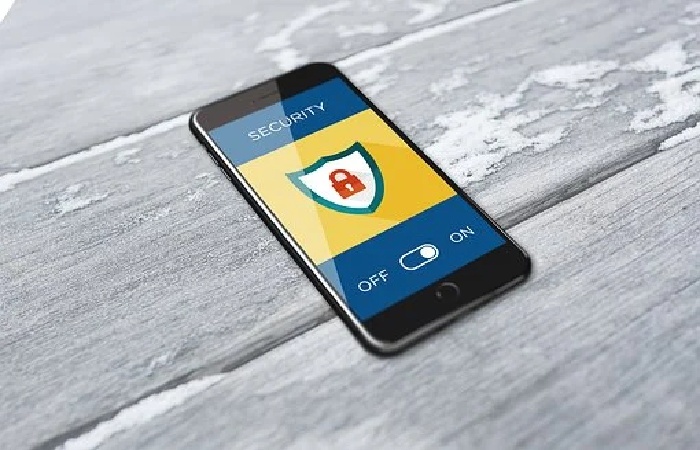Today smartphone manufacturers do not distribute security patches made by Google promptly or directly or do not.
He vast majority of “smart” mobile phones have Android, a platform under constant attack, and whose previous versions are much more vulnerable than the new ones.
Still today, some smartphone manufacturers do not distribute Android security patches made by Google promptly or do not at all. And zero-day attacks keep popping up.
A lot. So it would be best if you got down to work today. Many of these tips are quite simple. Security does not depend on complicated tricks.
Only buy smartphones from manufacturers that launch Android patches quickly.
Google has its phones, called Pixel and Nexus. The Android owner makes sure his teams get the latest updates. This means that they get the newest security patches as they are released.
As for other major manufacturers, Android Authority, the leading digital publication on Android, found that the best providers to keep their phones updated were, in order, from best to worst: LG, Motorola, HTC, Sony, Xiaomi, OnePlus and Samsung.
Table of Contents
These Are the Tips to Secure your Smartphones

Lock your Phone
Yes, it is very simple. But people still don’t. You can check it at friends’friends’ meetings or in tourist places when they ask you to take a photo with their smartphone. Please turn off the screen and try to unlock it. Most of the time, you will access without having to ask the person to enter a password.
What is the best way to lock your phone?
The PIN is still the most secure way. Fingerprints, patterns, voice recognition, iris scanning, etc. are all more fragile.
Use Two-factor Authentication
Google services on the phone can be blocked. The best way to do this is with Google’sGoogle’s two-factor authentication. Here’s how to do it: Sign in to your Google account and go to the two-step verification setup page.
Once there, choose “Use 2-Step Verification” from the menu. From there, follow the prompts. You will ask for your phone number. You may get verification codes by voice or short text message (SMS) on your phone. Texting is easier.
Only use Google Play Store Applications
The large majority of Android malware comes from untrusted third-party app sources. Fake apps come to the Google Play Store from time to time, like those that sent premium-rate text services, but they are an exception, not the rule.
Use Device Encryption
The next person who wants to spy on your phone may not be a scam artist, but rather a customs and border protection agent, a common occurrence in the United States, Russia, and China.
If that idea scares you, you can put an obstacle in your way with encryption. To encrypt your device, go to Settings> Security> Encrypt device and follow the prompts.
Use a Virtual Private Network
If you are traveling, whether in a coffee shop at the destination or a remote office in another country, you will want to use the free Wi-Fi connection. We all do it. We take great risks when we do so, as these connections tend to be as secure as a network built from threads.
To be more secure, better use a mobile virtual private network (VPN), such as F-Secure Freedome VPN, KeepSolid VPN Unlimited, NordVPN, and TorGuard.
Password Management
When it comes to passwords, you have these options:
- Use the same password for everything, which is silly.
- Write your passwords down on paper, which is not as bad an idea as it sounds as long as you don’t put them on a sticky note on your computer screen.
- Memorize all your passwords. It is not very practical if they are many.
- Use a password management program. Now Google comes with a built-in one, but if you don’t want to put all your security eggs in one basket in cloud computing, you can use other mobile password management programs. The best ones are LastPass, 1Password, and Dashlane.
Use Antivirus Software
Google Play Protect does a job of protecting your phone when it comes to protecting against malware, but it should reinforce.
What software should be installed?
AV-Test, an independent German malware detection laboratory, updates a list of its recommendations here monthly.
Turn off Connectivity when you don’t Need them
If you are not using Wi-Fi or Bluetooth, turn them off. In addition to saving some battery, network connections can use to attack you. Don’t give criminals a chance.
If you don’t use an Application, Uninstall it
Each app comes with its security issues. Most Android software makers do a good job of updating their programs. If you are not using an app, get rid of it. The fewer program doors you have on your smartphone, the less chance an attacker has of invading it.
Also Read: Eight Accessories For “”MacBook Pro, Apple’s Most Powerful Laptop

